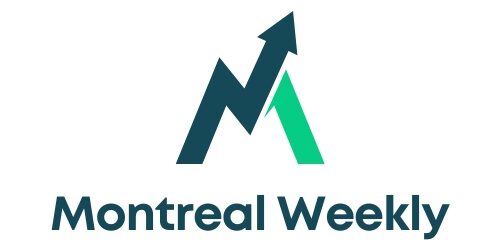Montreal’s Real Estate Development Horizon: Emergent Trends and Opportunities
As we gaze into the future of real estate development in Montreal, a city steeped in history yet remarkably innovative, we find ourselves caught between the duality of the old and new. Rapid transformations in technology, demographics, and socio-economic factors are redefining the real estate landscape, presenting both challenges and opportunities for real estate developers. This article will explore the emergent trends shaping Montreal’s real estate industry and identify the opportunities they present for the future.
Shifting Demographic Patterns
One of the most significant factors shaping Montreal’s real estate development is the shifting demographic pattern. With the city’s population aging and more millennials entering the real estate market, there’s an increasing demand for multi-purpose, high-density living spaces. Young professionals seek homes in urban cores that are well connected, with easy access to work, entertainment, and amenities. Meanwhile, the aging population necessitates accessible living spaces that cater to their needs, giving rise to the concept of ‘aging in place.’ Developers must, therefore, focus on building versatile housing models that cater to diverse age groups and life stages.
Technology’s Central Role
The tech sector’s growth, locally and globally, significantly influences Montreal’s real estate scene. Montreal’s burgeoning tech industry is drawing talent, driving demand for commercial and residential real estate. Furthermore, technological advancements such as smart home systems, 3D virtual tours, and AI-powered property management platforms are revolutionizing real estate development and transactions, enhancing operational efficiency and customer experience.
The Rise of Sustainable and Green Building
Sustainable development and green building have transitioned from being an optional value-add to a mandatory criterion in Montreal’s real estate development. As awareness about climate change and sustainability grows, so does the demand for eco-friendly and energy-efficient buildings. The city’s commitment to reducing greenhouse gas emissions aligns well with the global push towards sustainability, and developers who prioritize ‘green’ construction practices will have a competitive advantage in the market.
Flexible Workspaces and Commercial Real Estate
COVID-19 has fundamentally altered the way we work, with remote working becoming a mainstream trend. This change presents a challenge to the commercial real estate sector in Montreal, requiring an adaptation in strategies. Traditional office spaces might see reduced demand, while flexible workspaces, shared offices, and co-working spaces are on the rise. There’s an opportunity for real estate developers to transform underutilized office buildings into flexible workspaces or even repurpose them into residential units or mixed-use facilities.
The Affordable Housing Challenge
One of the pressing issues that Montreal faces is the rising cost of housing, leading to a shortage of affordable homes. This scenario provides real estate developers with a unique opportunity to invest in affordable housing projects, which are also often supported by government incentives. Creating affordable housing options without compromising on quality and amenities can offer a substantial market advantage.
The future of real estate development in Montreal is undoubtedly brimming with potential, riding the wave of demographic shifts, technological advancements, and sustainability trends. While the changing dynamics present a certain level of complexity, they also offer unprecedented opportunities for innovation and growth. Real estate developers who can successfully navigate these changes, adapt to evolving demands and remain forward-thinking in their approach will not only contribute to Montreal’s urban landscape but also reap significant rewards in this vibrant real estate market. The keys to future success will be adaptability, innovation, and a firm commitment to sustainability and affordability.

